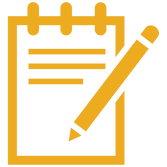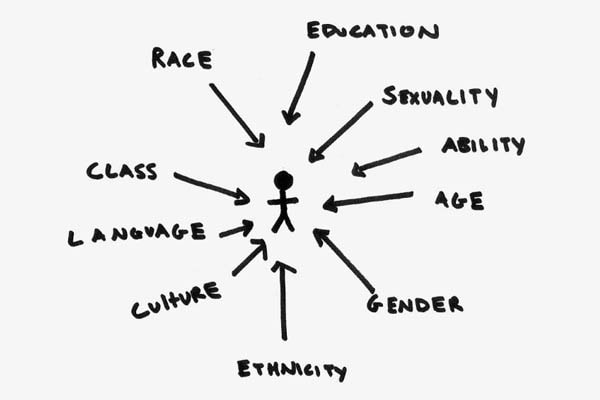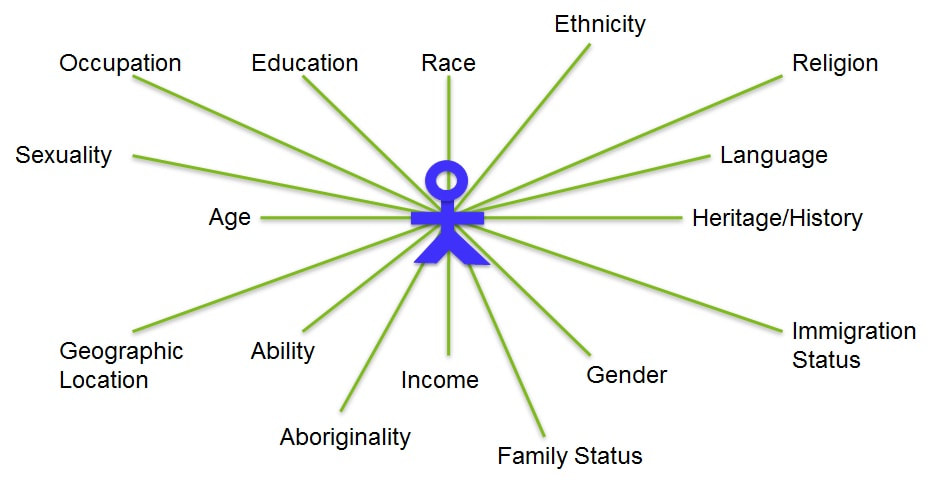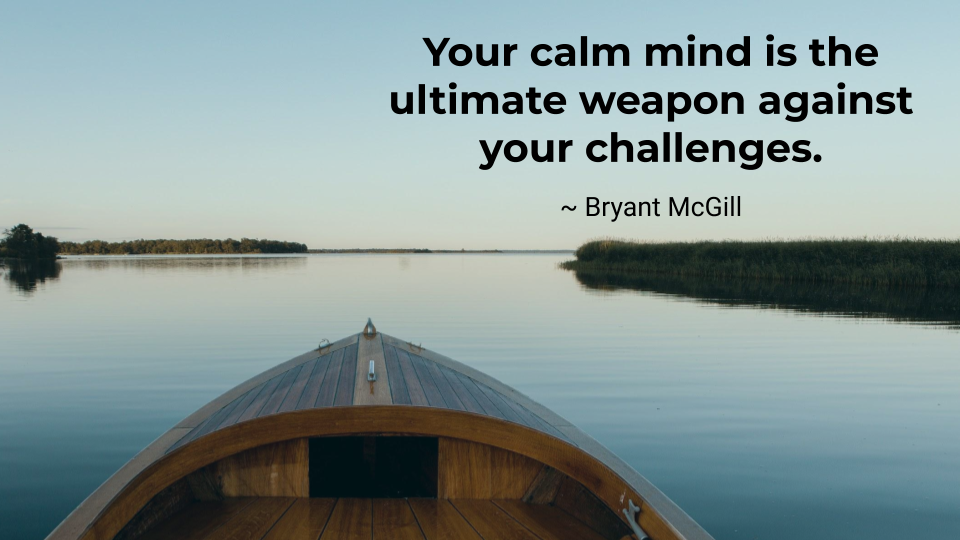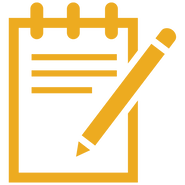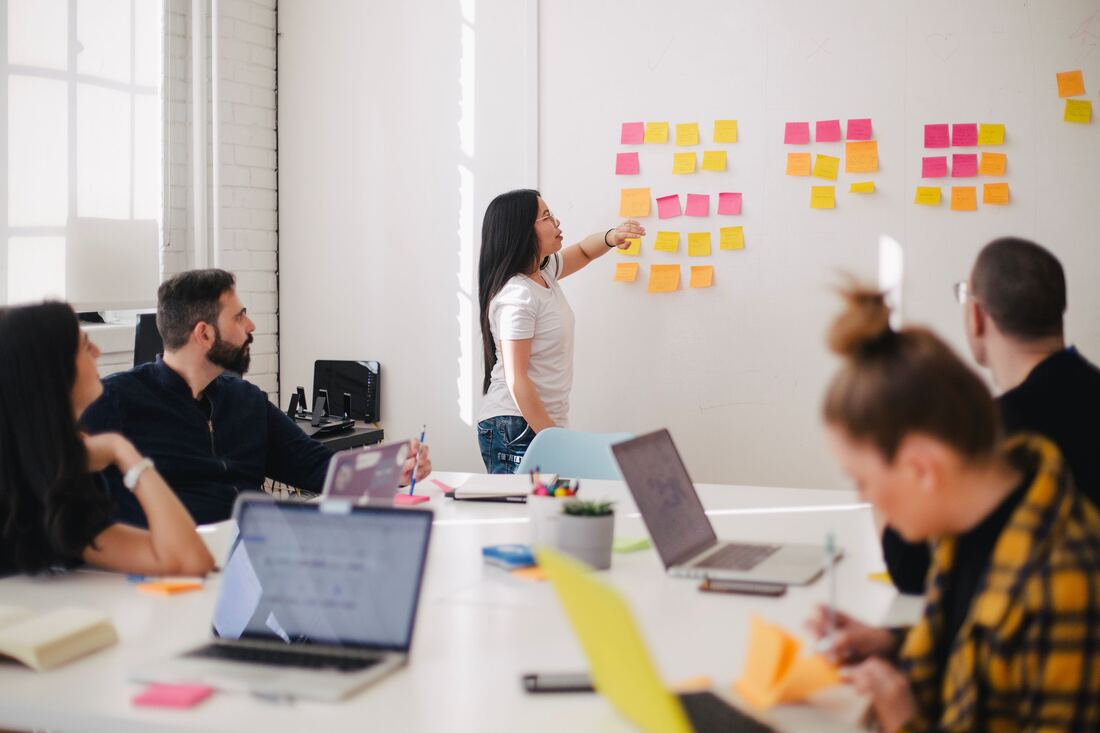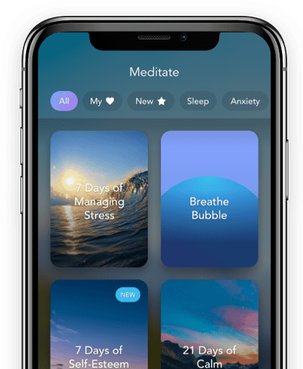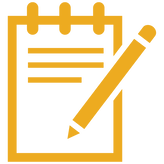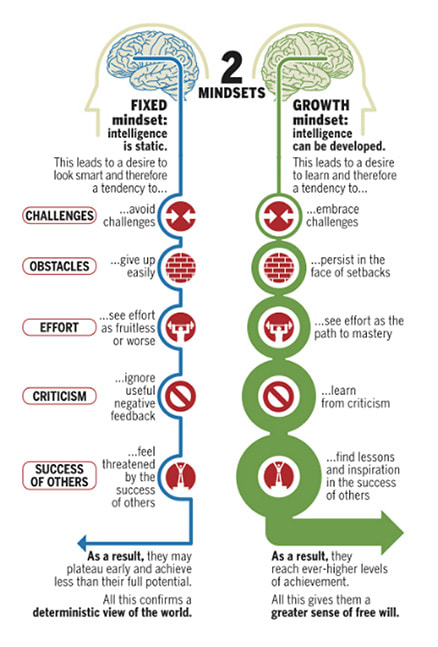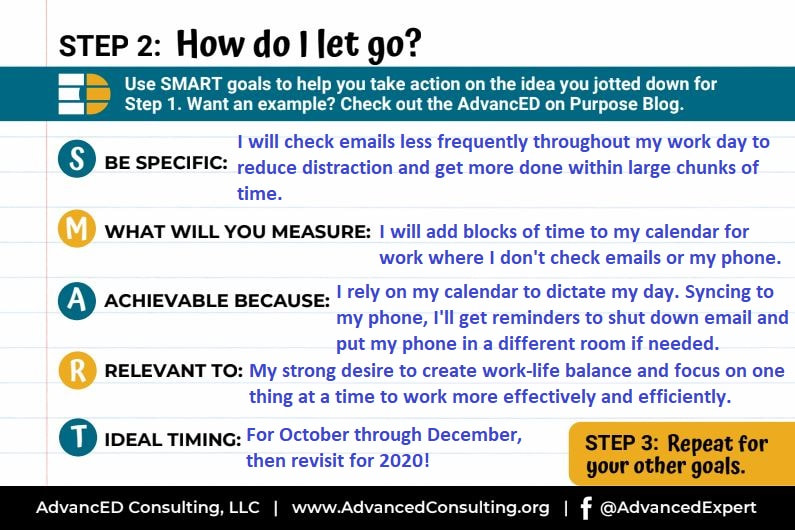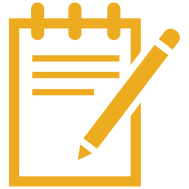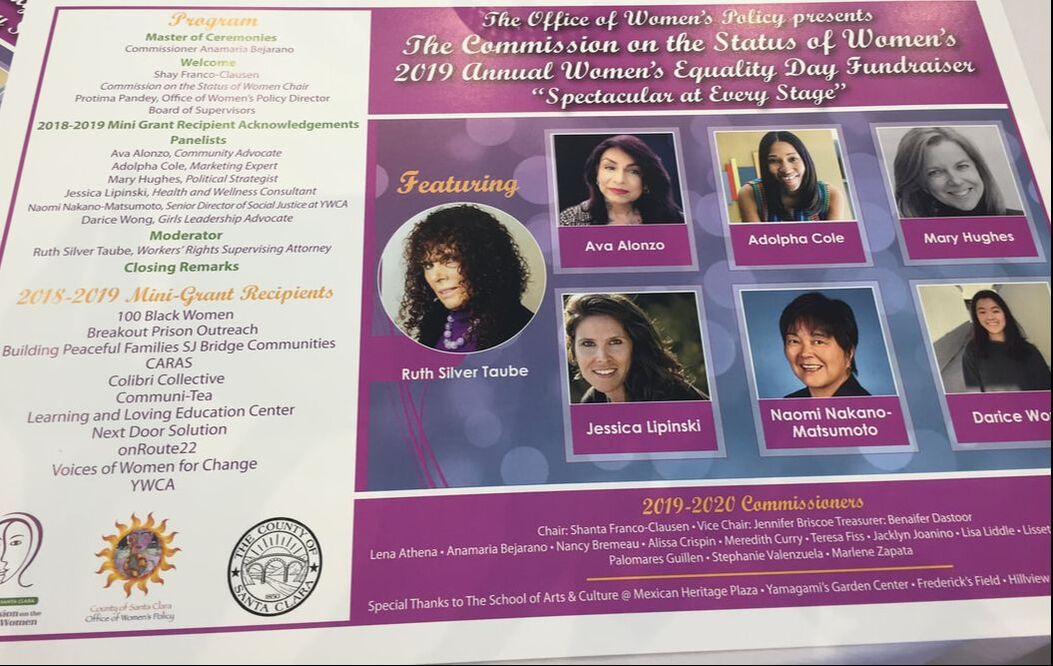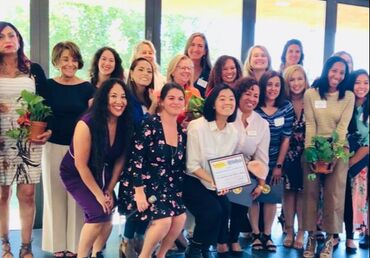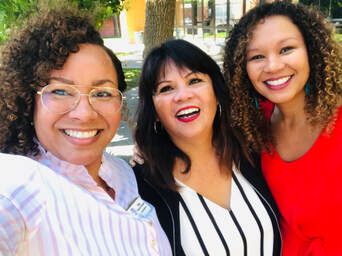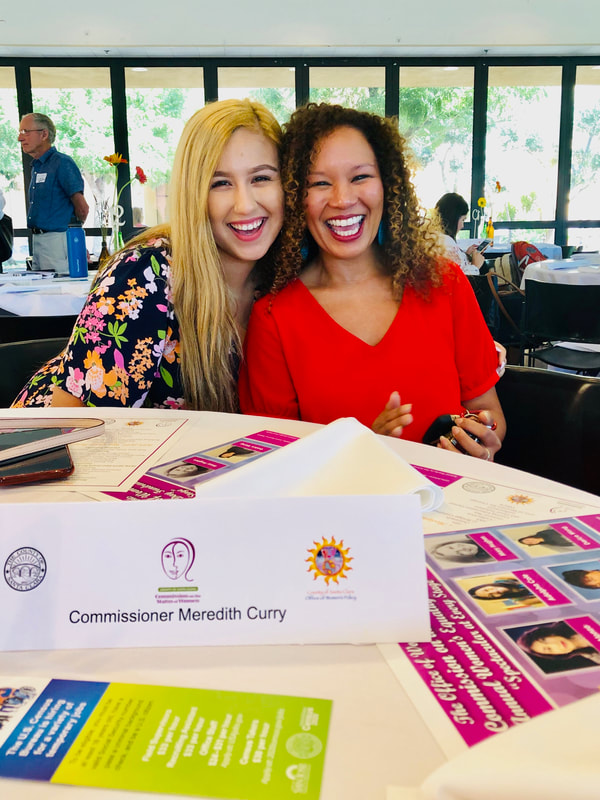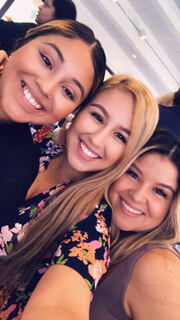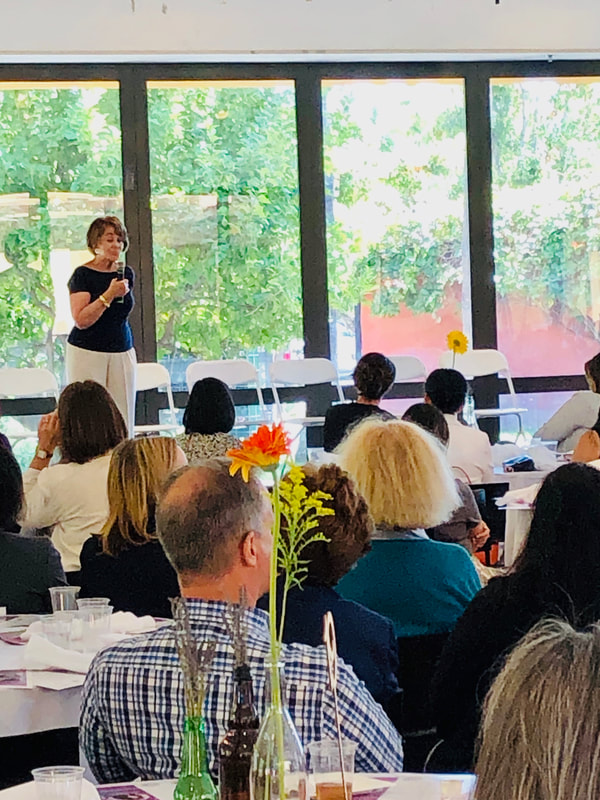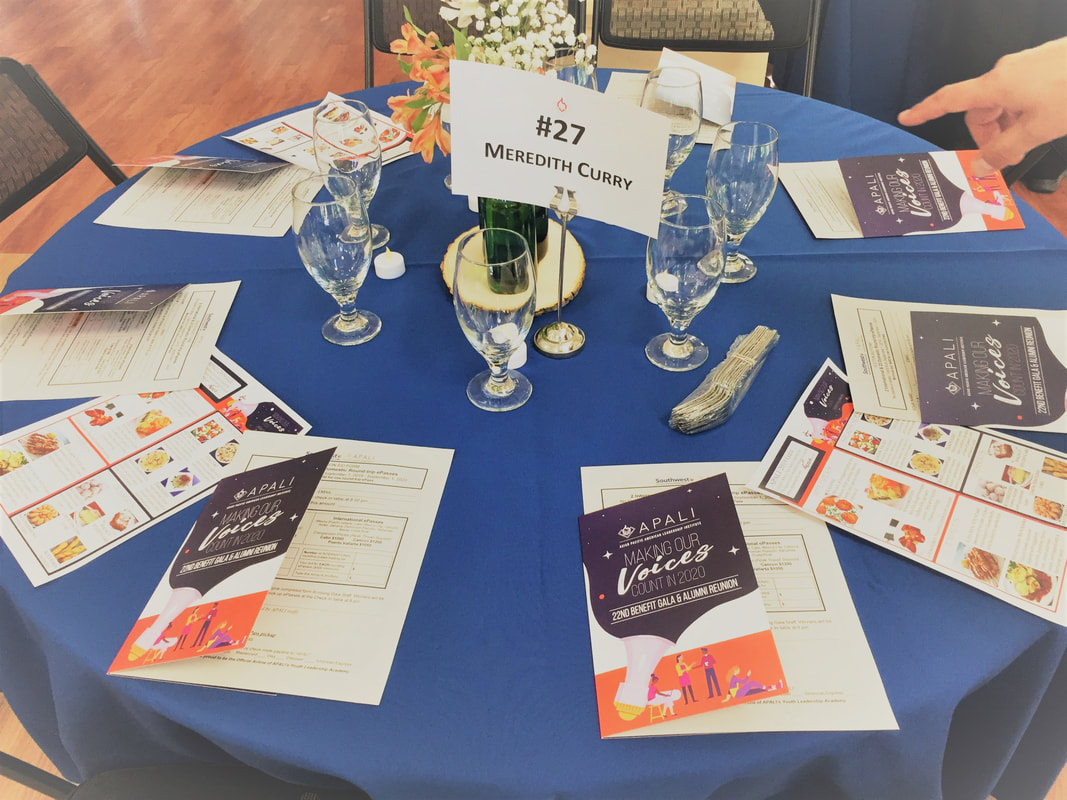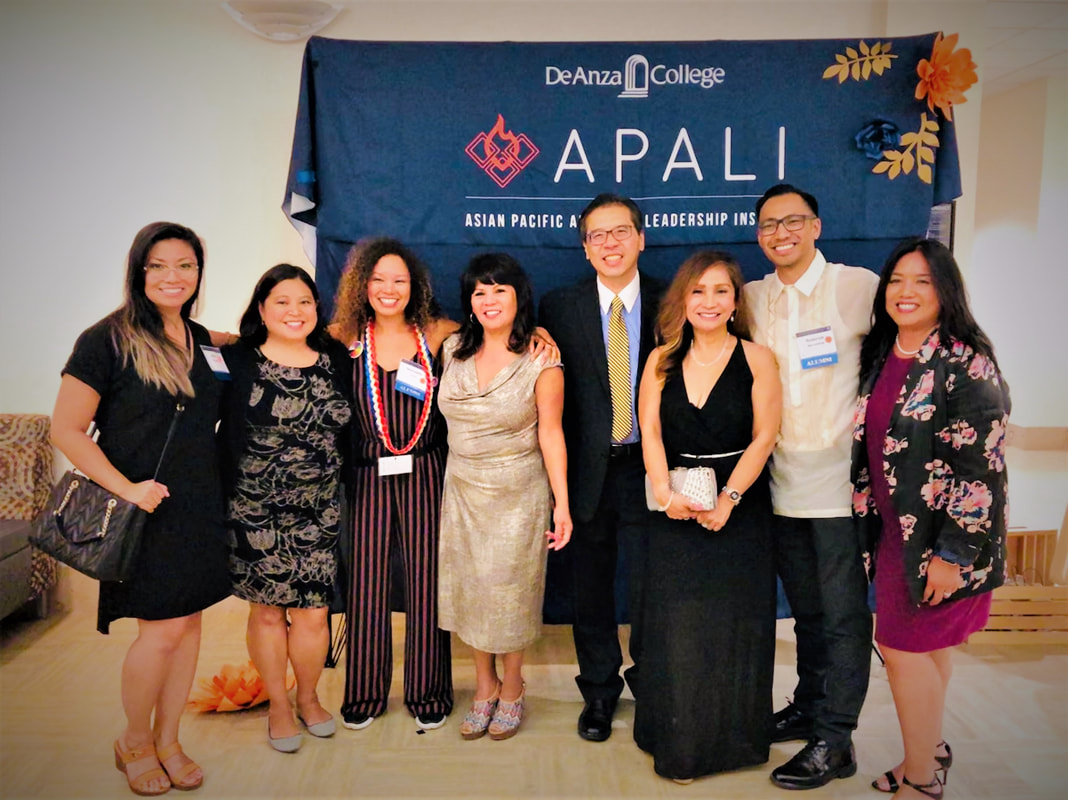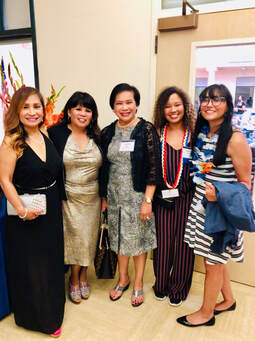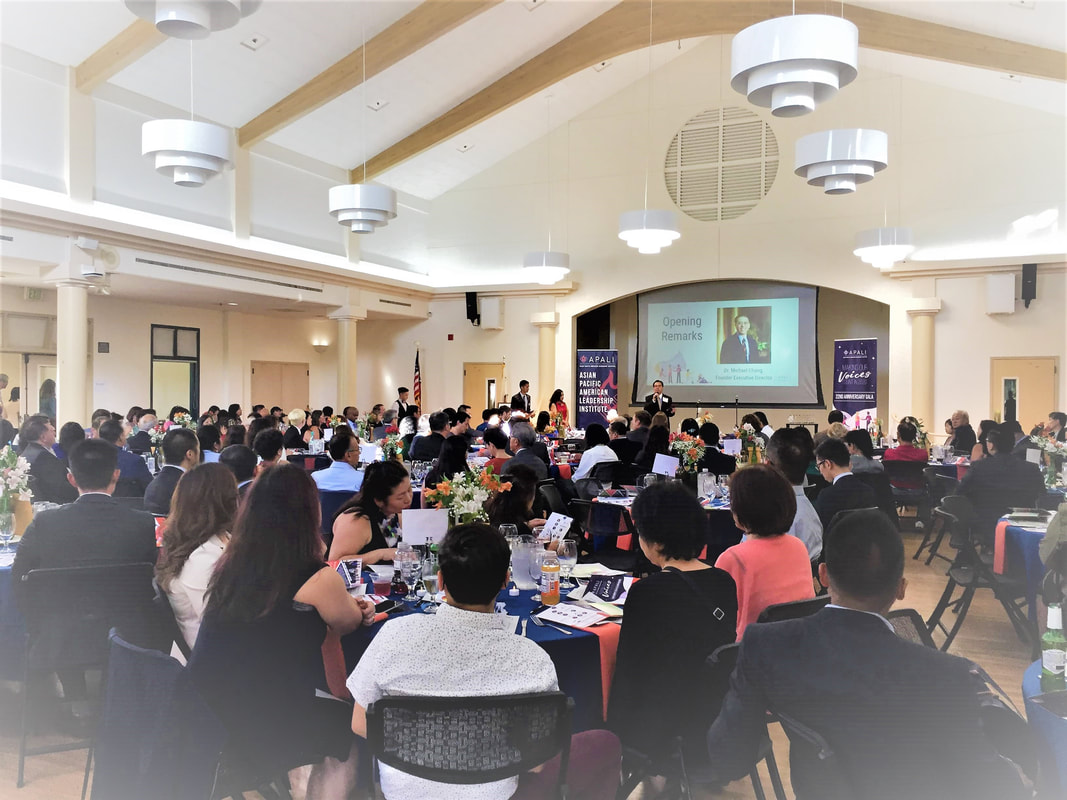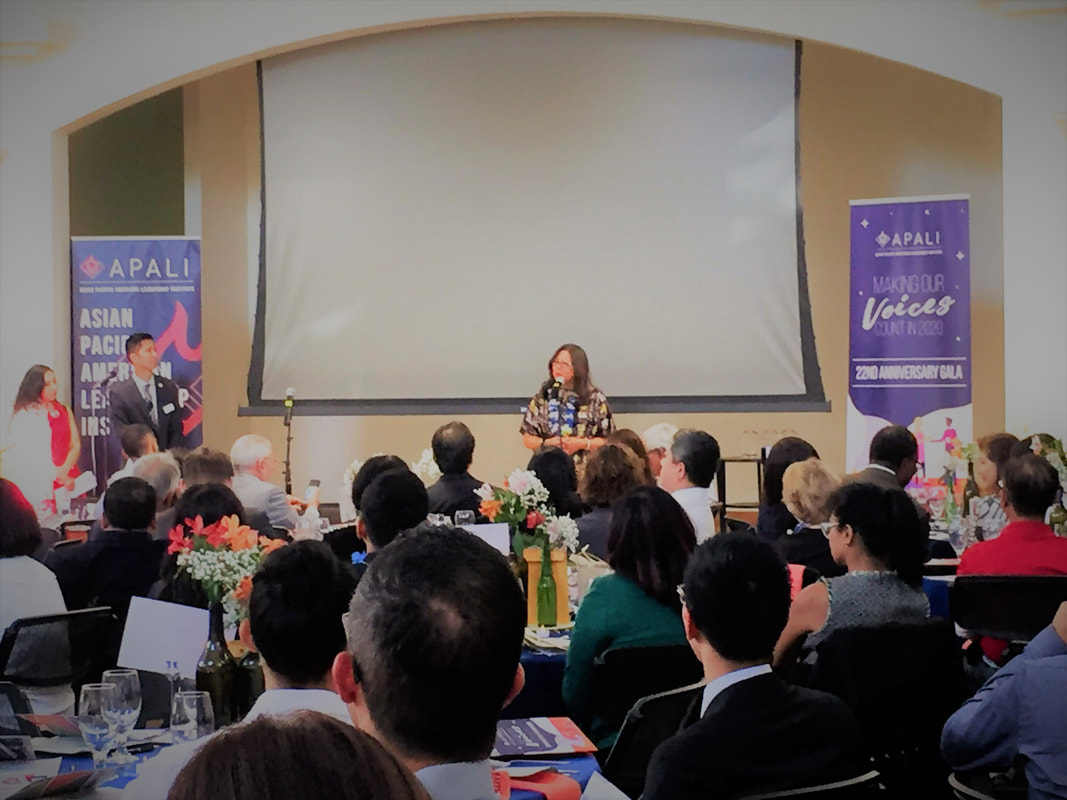ADVANCED ON PURPOSEAn educational blog with purposeful content. We welcome open and polite dialogue, and expect any comments you leave to be respectful. Thanks! Archives
May 2023
Categories
All
|
Back to Blog
2 MIN READ This article is the 3rd in a series. Read the introduction article: "Breaking Knowledge Barriers Series: Womxn of Color in the Workplace." No matter how old we are, how successful we are, how much we’ve achieved, who loves us and who is loved by us, there are challenges that we still face as individuals. I believe that our experiences and identities can tell us a lot about WHY. Identity Intersections explore how issues of race, sexual orientation, and mental health intersect with one another (Psychology Today). We are unique in how we identify with our identities, and how those intersect to create our experience, value systems, and personalities. It is healthy and critical to acknowledge and accept your intersections as contributing factors to your success as well as challenges. It is valuable and worth your energy to assess how these play out in your decision making, management, and principles. Often, we don’t even realize that our intersections bias our perceptions not just of others, but ourselves and what we are capable of or deserving of. The two images below offer a few combinations of identities that you can reflect on Please understand that the outcomes of this strategy will vary depending on the person as we are all different. It is important to take what you need and let go of what you do not. Throughout your life journey, your Identities Map may look a little different given that you will change. You may have to re-identify yourself and that is just fine because change is inevitable. This next strategy in this series will help you embrace it. Related articles
About Author: Meredith "Mer" CurryMer has always had a passion for education and helping historically underrepresented groups achieve access and success to higher opportunities. She has consulted nonprofits, educational institutions, and businesses in addition to her volunteerism and mentorship of students.
Learn more about Mer at www.meredithcurry.com.
1 Comment
Read More
Back to Blog
2 MIN READ This article is the 2nd in a series. Read the introduction article: "Breaking Knowledge Barriers Series: Womxn of Color in the Workplace." The Journal of Positive Psychology published a study in June showing that 15 minutes of meditation has the same effects as a full day of vacation. One step into a mindfulness or meditation practice is to practice breathing exercises. Mindful breathing is an incredible, free, readily accessible tool to help you recall the strategies I share with you throughout my Blog.. Next time you’re facing your shame, take some deep breaths. When you have a small win to celebrate, take some deep breaths. Appreciate who you are. Take a precious moment for yourself. Practice Diaphragmatic Breathing aka Belly Breathing or Abdominal Breathing. As part of meditation practice, breathing exercises are known to help manage the symptoms of irritable bowel syndrome, depression and anxiety, sleeplessness, and more. Breathing leads to a CALM MIND, and with a calm mind, you are more equipped to respond with authenticity, armed with your natural strengths and intuition. Lastly, another benefit of breathing and lowering your heart rate and stress levels, is so that you can activate KINDNESS more. More for yourself. More for others. More for the world. Consider a free app like UCLA Mindful by the UCLA Bedari Kindness Institute (recently highlighted in LA Times!). "Your calm mind is the ultimate weapon against your challenges." ~ Bryant McGill Now that you have learned how to relax and be mindful, you will have enough energy to pursue Strategy #2 on Identifying Yourself. Trust, it is never easy to look at "the [womxn] in the mirror." Related articles
About Author: Meredith "Mer" CurryMer has always had a passion for education and helping historically underrepresented groups achieve access and success to higher opportunities. She has consulted nonprofits, educational institutions, and businesses in addition to her volunteerism and mentorship of students.
Learn more about Mer at www.meredithcurry.com.
Back to Blog
5 MIN READ This article is the 1st in a series on "Breaking Knowledge Barriers". I have had the opportunity to work for some amazing visionaries and leaders in Southern and Northern California. I landed some of my first jobs out of college thanks to the help of staffing agencies who liked that I could type over 100 words per minute, knew ten-key, had loads of customer service experience, and was visibly eager to make a difference somewhere. As I grew in skills, roles, and responsibilities, I watched myself stretch and reveled in the expansion that can only happen when you’re granted the opportunities to. My supervisors were pretty good at spotting my drive, resilience, growth mindset, risk tolerance, and desire to learn as much as I could. After being an Executive Assistant, Office Manager, Accounting Coordinator, Program Specialist, Grant Writer, and then Executive Director, I found my passion and strengths as an operations executive. With that passion, I helped start a statewide nonprofit that supports over 15% of California’s public 6th-12th graders with college and career planning tools, and I’ve consulted with multiple nonprofits and leaders to help them achieve their visions. The moral of this short story for me is that every step of the way, when I had the opportunity to bet on myself, I did and often, I won. What I skipped in the story are the massive mistakes, failures, misperceptions, wrong assumptions, and poor leadership that I had to struggle through in order to get new roles, take on new responsibilities, and absorb new skills. If this sounds anything like your own journey, then perhaps like me, you also had to navigate strong bouts of insecurity, depression, loneliness, codependency, nagging self-doubt, and creeping suspicion of everyone and everything. If this sounds like you, then I invite you to keep reading.
|
|
"What Can I Give Up" Activity
Check out my “What Can I Give Up?” Activity that I often share with my clients to help them figure out how to let go of certain things holding them back in their lives. I show a personal example of my use of SMART Goals to create actionable steps towards giving up a specific habit. Included is a free printable for you to do the activity as well. Enjoy! |
Do you watch Parks and Recreation? If so, then this moment of realization for me was like Leslie Knope owning, “I am big enough to admit I am often inspired by myself.” In this moment of telling myself that I was enough, that I didn’t need to be anything more, that I wasn’t something broken that needed fixing, I tuned into who I was again - someone with love and compassion who can inspire the best in others. I had just gone so long without aiming my strengths at myself.
I continue to learn from this lesson, to break it up into smaller chunks, to dig deep into the nuances of my needs. I have some take-aways that I want to share with you as strategies for leadership development and self-care. This is aimed at entrepreneurs, managers, and those who run businesses, teams, and projects. But really, these strategies are relevant to anyone who is struggling with a leadership challenge in their personal or professional life. I have written a separate blog post for each strategy in this "Breaking Knowledge Barriers" series. Click here to go to Strategy #1 on Practicing Mindfulness.
Related articles
- Article 1: Breaking Knowledge Barriers Series: Womxn of Color in the Workplace.
- Article 2: Breaking Knowledge Barriers Series: Strategy #1 Practice Mindfulness.
- Article 3: Breaking Knowledge Barriers Series: Strategy #2 Roll Call! Identify Yourself.
- Article 4: Breaking Knowledge Barriers Series: Strategy #3 Acknowledge. Accept. Adapt.
- Article 5: Breaking Knowledge Barriers Series: Strategy #4 Finish Strong. Start Fresh.
About Author: Meredith "Mer" Curry
Learn more about Mer at www.meredithcurry.com.
Today, I write about how a growth mindset can be applied as adults. I write to claim that “An old dog can’t learn new tricks” is absolute rubbish and written by those who didn’t want to have to learn any new tricks. I believe growth mindset is a tool each and every one of us can have in our toolkit. I also believe that learning how to adapt SMART Goals into our lives as professionals can help us reinforce our growth mindset from everyday situations to those challenges that come straight out of left field.
| What is a growth mindset? I recommend TransformingEducation.org’s Toolkit as the resource to learn more about Growth Mindset. Though the content is written around students, the information is true about people of any age. As adults, we hear ourselves everyday, saying to ourselves or out loud, “I just can’t…” or “I never…” or “I’ve never been good at…” or “I don’t ever want to…” This is considered a fixed mindset. One in which we are inflexible, where we believe we cannot change. This can be fueled by shame, self-doubt, our image of our weaknesses and strengths, and any number of factors. On the other hand, if you have a growth mindset, you believe you have what it takes to change. You understand that if you put in the work, persevere, practice, and push through even when it gets really difficult, you can find a way. |
Do you see/read how the self-talk is different? Recognize that the fixed mindset sounds awfully familiar, much like the negative self-talk we have about so many other things. Like what we should wear, where we can travel, who we can befriend or date, what job we can apply for, and what we deserve. These thoughts are choices. But sometimes these choices have become so redundant that they’ve become rote, meaning you don’t even think about the choice anymore. This is where SMART Goals comes in.
SMART Goals are taught to students as a way to help them define and focus their goals for their life. As an adult and entrepreneur, I see SMART Goals as a way to shake the fiction out of our goal-setting (fiction being bias, self-judgment, shame, thoughts, etc.). Instead we can use SMART Goals to get to the facts, the brass tax, about this goal that we’ve communicated to the universe and what we really mean and intend by it. Below is an example of how I used SMART goals to figure out how to better prioritize a minute task that was taking up so many hours of my day.
- S = Specific. When you write down your goal it should be as specific as possible which will force you to be clear. Say it in one sentence.
- M = Measurable. What will you measure to know you are successful? How will you quantify your objective?
- A = Achievable. State one or more ways that you will make this goal realistic. Who can you bring in or what tools and tactics can you use to achieve this goal?
- R = Relevant. Note that here, I depart from the traditional SMART Goal definition which is “R for Realistic.” I think as adults, we’re more likely to talk about goals in terms of pragmatic realism, as opposed to being too dreamy. Since we want to think outside of the box, instead I ask us to think about how this goal is relevant to our profession or life.
- T = Timing. Goals need deadlines for real umph. So set a due date, or a range of days/weeks/months in order to accomplish this goal.
|
AdvancED Activity WHAT CAN I GIVE UP?
As leaders and entrepreneurs, our daily lives can quickly become overwhelmed with tasks. This two-step activity is meant to encourage you to think about everything you need to do in order to decide what you are willing to give up. Then, you will use SMART Goals to take action toward prioritization, organization, and achievement of your goals. Click here to download the What Can I Give Up Activity sheets (PDF). |
We are grown-ups with a lot of growing up left to do
I believe that as adults we still have much to learn and practice when it comes to growth mindset and building mental toughness and emotional intelligence. If you run a business, team, department, or project, you need to be able to triage and communicate goals. In your own life you may need to set one or two SMART Goals a week around things at work or at home to help you get more organized, bring more clarity, or simply create more space in your life for the things you love.
I encourage us all to continuously work on developing our growth mindset, to use SMART Goals as one tool in our toolkit in our everyday routines, and to share our goals with our circles of influence so that support can come to you in the form of intentions and good juju to come.
Want support thinking through your goals?
Let’s talk about the goals you want to set for your life, your team, or your business! Schedule your free 20-minute consultation now.
About Author: Meredith "Mer" Curry
Learn more about Mer at www.meredithcurry.com.
https://www.transformingeducation.org/growth-mindset-toolkit/
Sources:
- Growth Mindset Toolkit
- LeaderKit_Sample.pdf
- Growth mindset for adult learners, OCTOBER 11, 2017
- Shift to a Growth Mindset With These 8 Powerful Strategies
- Is Mindset Culture Shift Possible for Adults? June 15, 2016
Photos by Meredith Curry
4 MIN READ
As promised, here is a special AdvancED newsletter issue to share with you all the good feels, festivities, and fierceness of these events. We also want you to meet the wonderful community leaders who were able to attend these events, thanks to your awesome generosity and vision!
Women’s Equality Day Luncheon
August 23, 2019 11:30am-1:00pm
Mexican Heritage Plaza, San Jose
“Spectacular at Every Stage” was the theme of this year’s Women’s Equality Day Luncheon and it truly was a spectacular gathering of community leaders and inspiring womxn. “To be around such powerful womxn inspires and motivates me!” said Liliana Gomez.
As the Commission on the Status of Women (CSW) honored the work being done by the community to support and uplift womxn and girls, “I am thankful for attending this event, that provided the space to celebrate womxn! I am leaving incredibly inspired! La lucha sigue!" said, Elizabeth Fernandez (Santa Clara University Graduate Student).
This year, the CSW awarded a total of $12,000 to nine organizations that serve womxn and girls. The grant recipients included 100 Black Women, Learning and Loving Education Center, and Voices of Women for Change.
At the luncheon, we heard from a couple of the grant recipients and community leaders like Ava Alonzo, a Community Advocate, and Naomi Nakano-Matsumoto, the Senior Director of Social Justice at YWCA. We were also joined by Congresswoman Eshoo who has always been an advocate for families, consumer protection, and clean energy.
Aside from sharing the stage with so many outstanding womxn leaders, attendees benefited by hearing directly from community organizations who are working tirelessly in our cities and neighborhoods. Abigail Palomares (Commissioner for the CSW) commented, “It felt like a huge privilege to be sharing a space with powerful womxn. I felt so inspired and honored to be here.”
In the bustle of our everyday lives, it can be difficult to wrap our heads around equality and justice, but the luncheon helped us to see how far we’ve come and the work we plan to continue doing.
When you get involved with the Office of Women’s Policy and the Commission on the Status of Women it means you are standing up for womxn and girls in our county! Trustee of the Berryessa Union School District Thelma Boac declared, “More than ever we, womxn, must be empowered to ensure that equality in all aspects of life is a human right!”
About The Organizations:
- The Commission on the Status of Women is a volunteer advisory body to the Board of Supervisors that strives to advocate and support programming, policies, and legislation impacting the lives of girls and womxn in Santa Clara County.
- The Office of Women’s Policy works to bring a gender lens to policy decision-making, to build a pipeline to leadership, and to demand equity in governance.
APALI Gala
August 29, 2019 5:00pm-8:00pm
Quinlan Community Center, Cupertino
Gathering over 150 public officials, educators, alumni, and friends, the Asian Pacific American Leadership Institute (APALI) Benefit Gala and Alumni Reunion sought to bring to life the resounding anthem “Making Our Voices Count in 2020.” Every year, alumni like Alerie Flandez (San Jose State University), Roderick Bersamina (Google), and Angela Nguyen (Office of Zoe Lofgren) attend the gala and as Alerie put it, “APALI always does a wonderful job of creating an intimate space that is always loving and never intimidating.”
In addition to hearing inspiring words from rising leaders, attendees benefited by reconnecting with the far-reaching APALI network. Whether you’ve gone through the APALI program or not, you probably bumped into someone who you’ve worked with before or you want to work with in the future. For Roderick, “the APALI Gala means connections. APALI shows me that our connections will remain strong and that we can always come back home.”
As a frequent volunteer of APALI, Angela said giving back to APALI is the least she can do since APALI gave so much to her. No matter what stage in your personal development you are in, APALI will support you with career guidance, leadership programming, and someone to grab lunch with!
In 2019, APALI honored four powerful womxn who have shown great leadership: Honorable Betty Yee, California State Controller; Dr. Judy Miner, Chancellor, Foothill-De Anza Colleges; Dora Wong, Director of Public Affairs, Coca-Cola; and Honorable Wendy Ho, San Jose-Evergreen Colleges.
Throughout the night, we heard from students who shared their experience in finding self-confidence and a home in APALI. Attendee and first time APALI-goer Justin Ilumin (MESA) said, “It’s great to hear student experiences and see all the diversity that APALI embraces.”
“Hearing the stories of personal and professional growth from both mentor and mentees,” Anthony Mayo (VISA) remarked, “has reenergized my passion and need to give back to the community.” From education and business to government and nonprofit, the APALI network can give you resources to better serve your community.
After a night brimming with the energy of long-time friends, touching student testimonials, corny emcee jokes, and excitement for the coming months, Dora Wong’s words echoed throughout the room: “If I’m named a leader, it’s because someone led the way for me.”
About The Organization:
- Asian Pacific American Leadership Institute (APALI) is a growing community of civic leaders in government, education, nonprofit, and business sectors. Every year, APALI facilitates three community programs (the Civic Leadership Program, the Youth Leadership Academy, and the Summer Internship Program), graduating dozens of high schoolers, college students, and professionals every season.

 RSS Feed
RSS Feed

